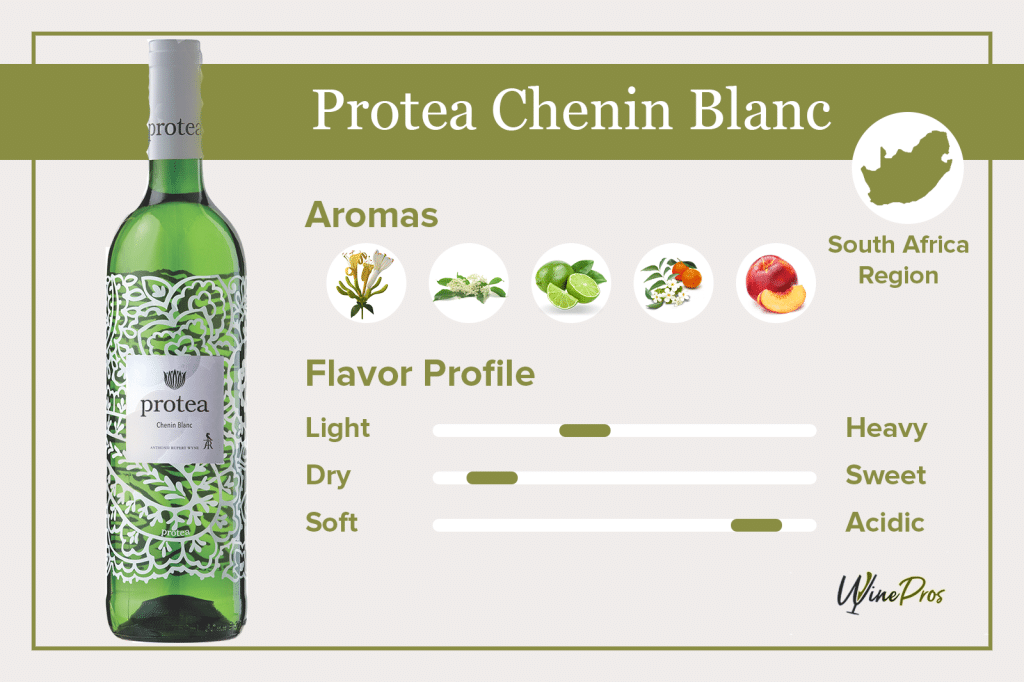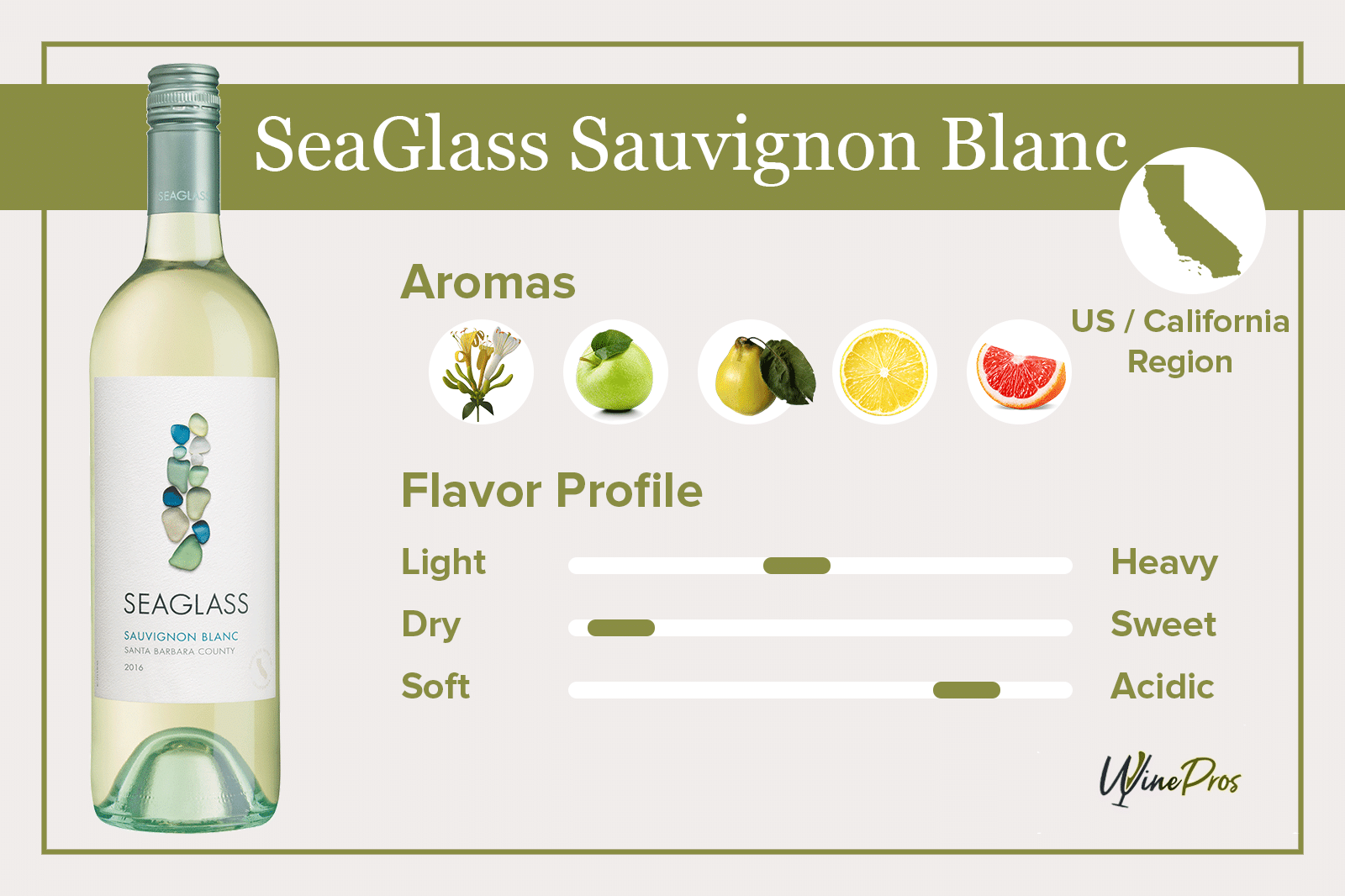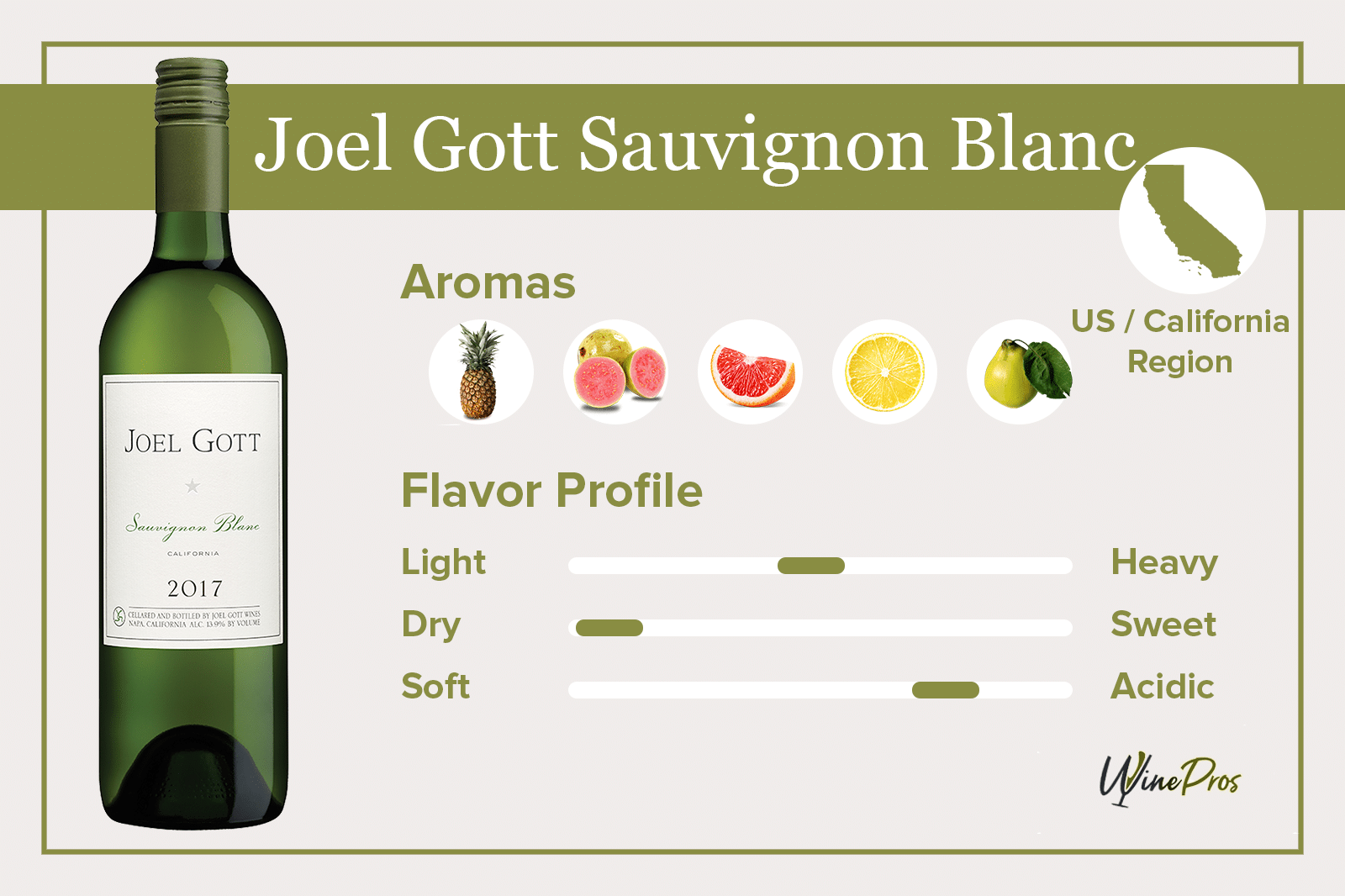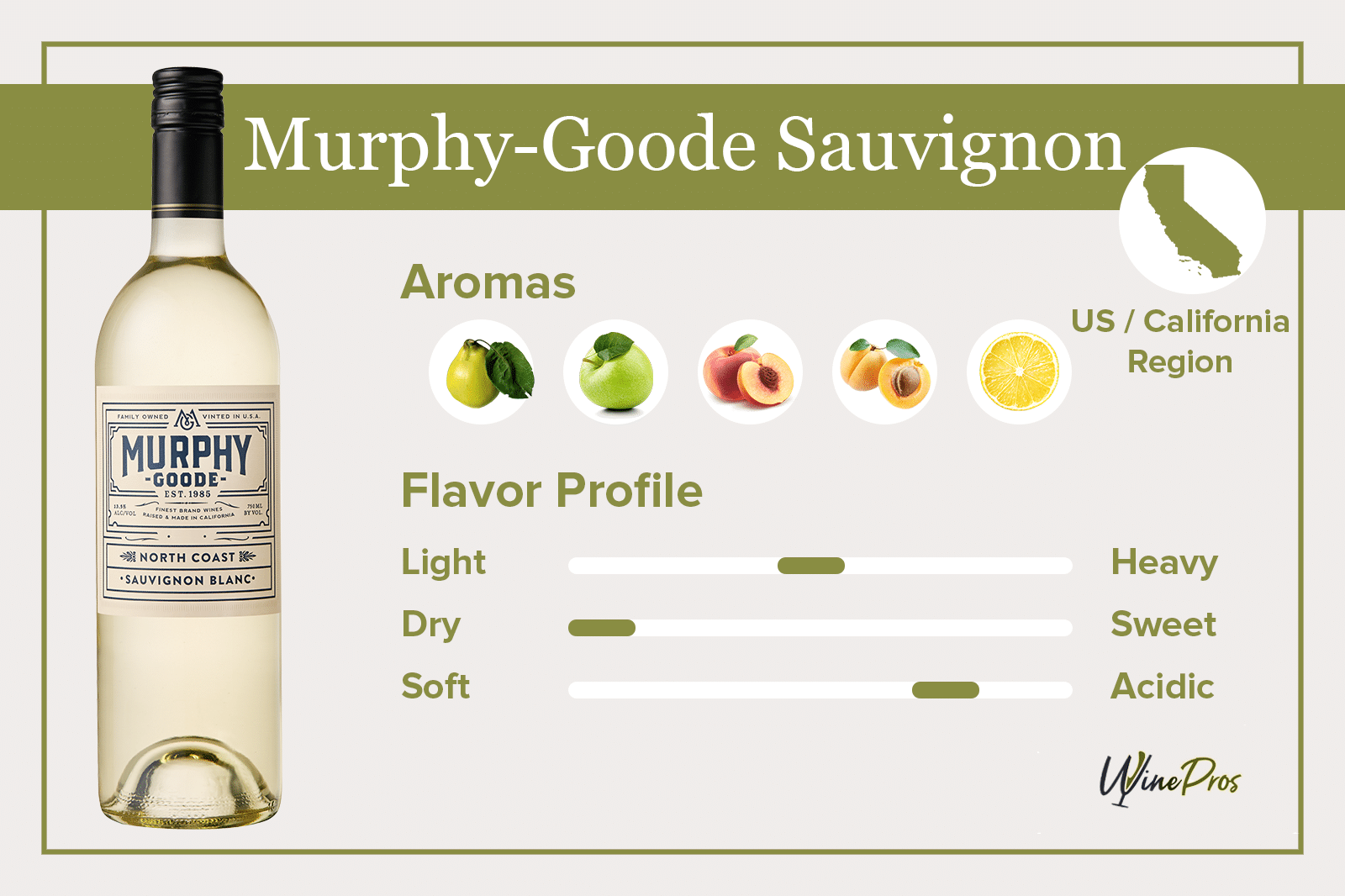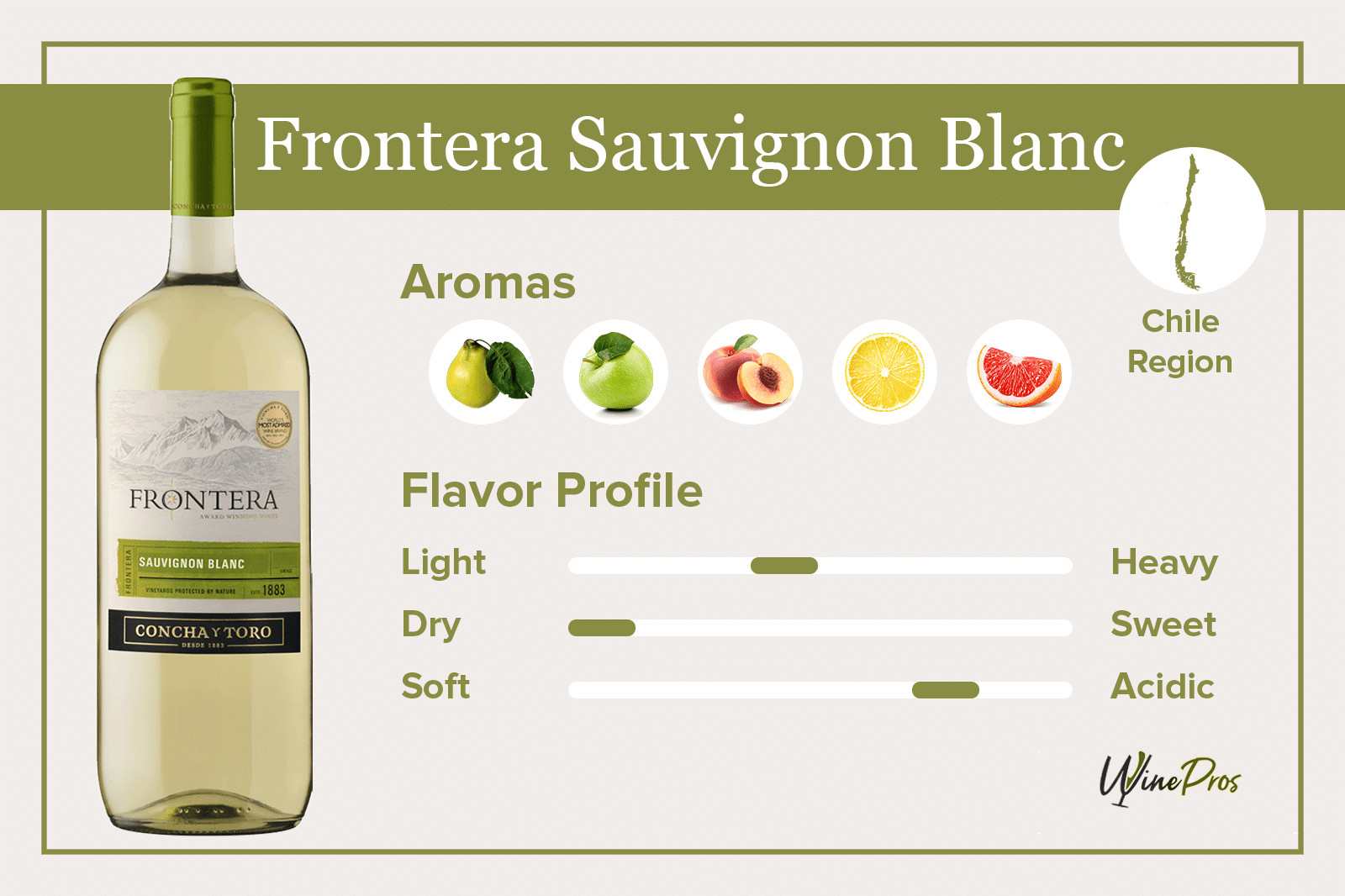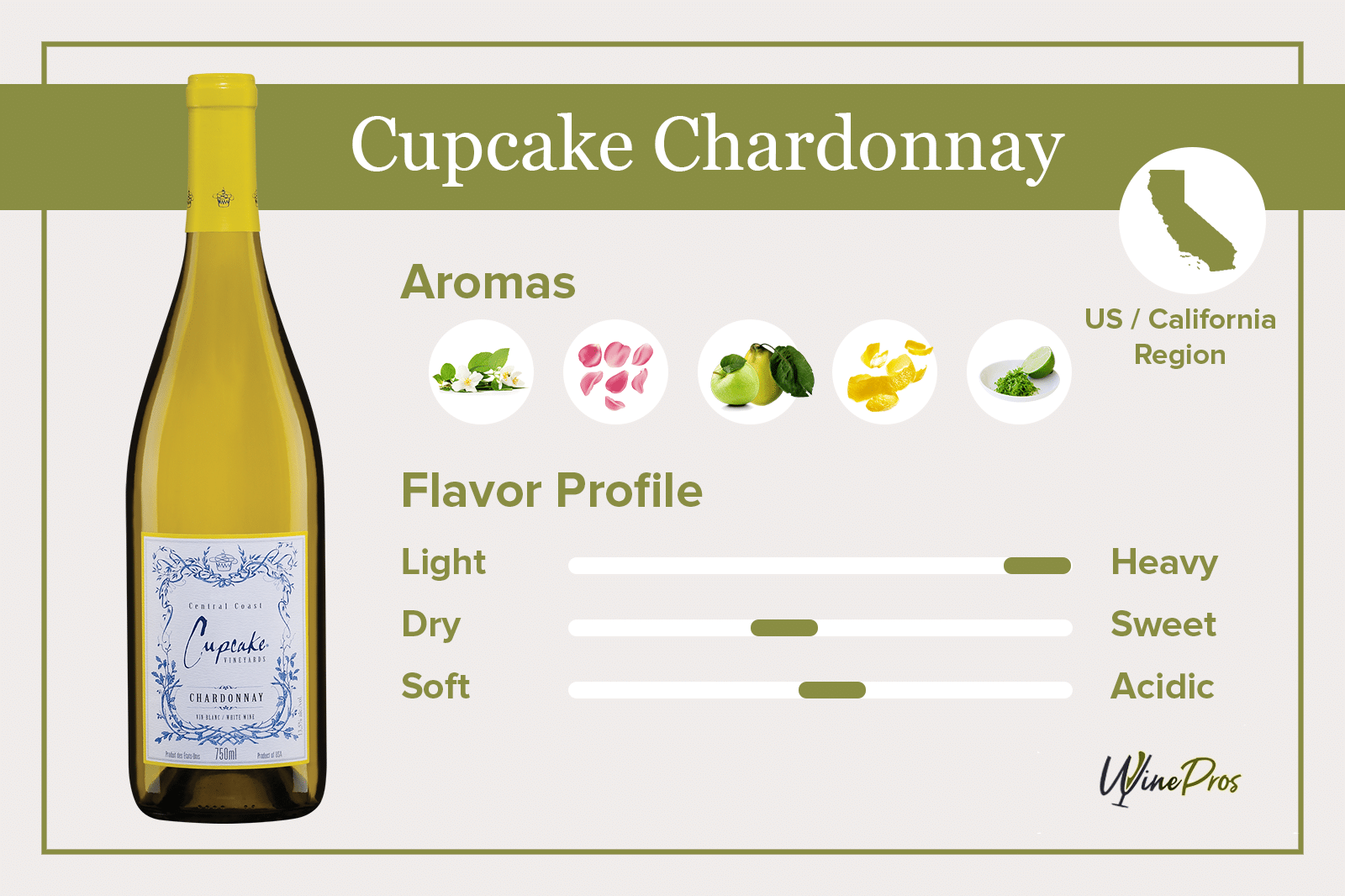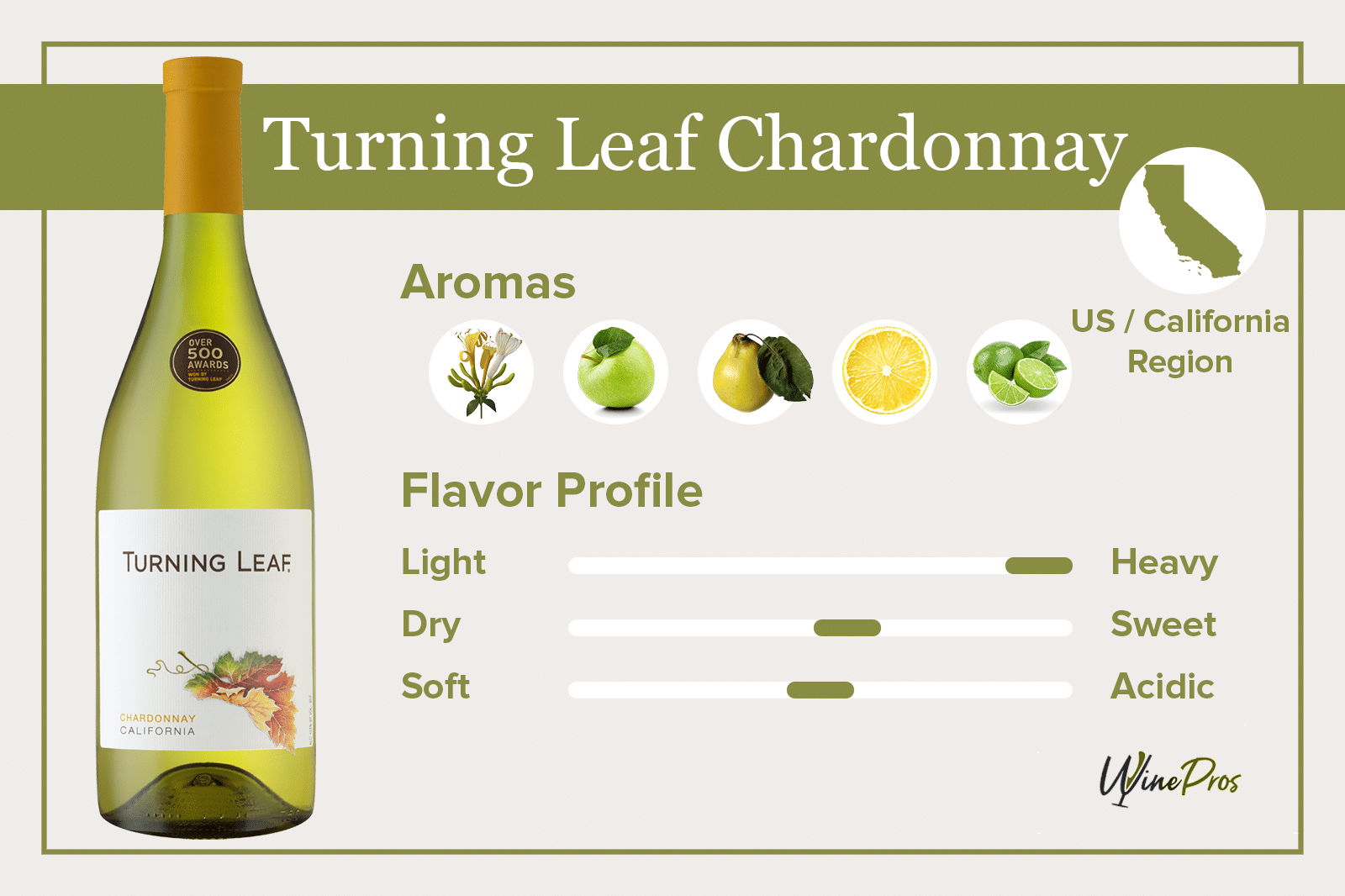What Kind of Wine Is Protea Chenin Blanc?
Protea is a South African dry white wine from the Chenin Blanc varietal. It starts with vivid melon, citrus, and nectarine fruit aromas. Lively and fresh stone fruits are experienced on the palate, as crisp, zesty grapefruit and lime notes add vibrancy. The ample fruit character is balanced by acidity, while the finish is light and lingering.
South Africa is a country with tradition in the production of Chenin Blanc wines. Most of South Africa’s wine regions are inland from Cape Town, the capital city of the Cape Province. There, they take advantage of the cooling influences of the Atlantic Ocean. The mountainous backdrop provides a landscape that allows South African winemakers to produce a broad but exceptional range of wine styles. These include Chenin Blancs from old bush vines with fuller texture and more concentrated flavors.
Protea Chenin Blanc Review
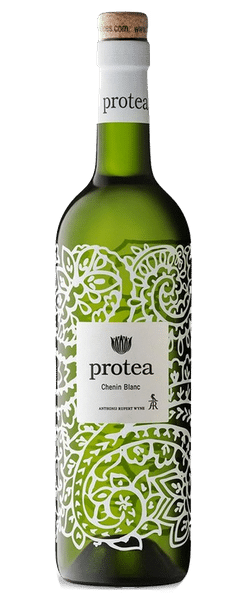
- Winery — Terlato Wines
- Country/Region — Cape Province, South Africa
- Type — South African Chenin Blanc
- Aroma — Honeysuckle, Elderflower, Lime, Lemon Zest, Orange Peel, Cantaloupe, Nectarine
- Grapes — Chenin Blanc
- Taste — Peach, Apricot, Lychee, Pineapple, Mango
- Alcohol Content — 13.5%
- Sugar — Dry
- Pairing — Shellfish, Sea Bass, Swordfish Rolls, Spicy Chinese, Aged Cheese
Protea is a fresh and complex white wine. The smooth, crispy nature combines incredibly with the citrus and stone fruit flavors and creates a wine with value. I would recommend wine enthusiasts to purchase it, as Protea is one of the most distinctive South African Chenin Blanc’s available on the market.
Tasting Notes
Protea is crispy and refreshing. And just as the bottle uncorks, floral aromas release, with notes of exotic and citrus fruits to follow. As the wine flows into the mouth, flavors of stone fruits emerge, while layers of lime and orange peel add vibrancy and a silky texture. Additionally, the mid-palate is flavorful and accompanied by an intense acidity. At last, a long and fruity finish completes the wine experience.
Appearance
Protea Chenin Blanc wine begins with a pale lemon color similar to yellow daisies. As the wine settles into the glass, the translucent center opens and develops into a golden color near the rim. The tears also of the wine are light and watery. While it may not have the most impressive appearance of a white wine, Protea is still pleasing enough to the eye.
Aroma
Protea has a remarkably aromatic nose, as it opens with floral aromas of honeysuckle and elderflower. As these settle down, the second wave of fragrances surfaces, characterized by notes of lime and lemon zest, as well as touches from cantaloupe and nectarine. The aromatic bouquet ends with an elegant hint of orange peel.
Taste
Crisp and delicate, Protea is a very palatable Chenin Blanc with a memorable and distinctive taste. Flavors of exotic and stone fruits define the palate, as pineapple and ripe peach dominate the mouth. In addition, extra notes of apricot, lychee, and mango add additional layers of flavor to the mid-palate. Fresh acidity offsets the ample fruit character of the wine, the result is a well-balanced Chenin Blanc that satisfies everyone.
Finish
Protea has a long and creamy finish. The pineapple and apricot flavors sit still on the tip of the tongue, maintaining the fruity nature. And the overall smoothness accompanies hints of citrus fruits and orange peel. This finish is a pleasant conclusion to an elegant and well-structured Chenin Blanc comparable to wines from the Loire Valley.
Rating
Protea Chenin Blanc is fruit-forward and easy on the palate. As scents of flower grace the melon and lemon peel core, the medium-weight palate is clean and savory. There, stone and citrus fruit flavors lead to a creamy finish that lingers with vibrant acidity. Protea is a great example of a South African Chenin Blanc. So, why not try a glass now!
Protea Chenin Blanc Food Pairing
Nothing would be better than a chilled glass of Protea on a warm summer day. Right? Well, combining Protea Chenin Blanc with shellfish makes a much more satisfying wine-drinking experience. As a consequence, the wine pairs incredibly well with seafood. From fried calamari to lobster to shrimp linguini, Protea creates delicious combinations with all types of shellfish. A grilled sea bass marinated with lemon zest, or Sicilian swordfish rolls, can also complement the wine’s citrus and stone fruit flavors. Spicy Chinese food and a plate of aged cheese accompany Protea Chenin Blanc vibrant and crispy nature with success.
Frequently Asked Questions
Who Makes Protea Chenin Blanc?
Protea Chenin Blanc is produced by Protea Wines, a company that belongs to Johann Rupert, owner of luxury brands like Cartier and Mont Blanc. Founded in 2012, Protea underwent a complete overhaul, and from a family estate became a state-of-the-art winery. The inspiration behind the name of the brand is South Africa’s national flower, Protea. It got its name from the shape-shifting Greek god Proteus because it comes in a dizzying diversity, as each blossom is somehow more exotic and special than the last one.
As such, Johann Rupert is on a mission to create wines that are exotic and beautiful. In the United States, Protea Chenin Blanc is imported by Terlato Wines. The company is one of the leading marketers of expensive wines and belongs to the Terlato Wine Group (TWG).
How Is Protea Chenin Blanc Made?
Protea is made with one-hundred percent Chenin Blanc grapes, and as a dry white wine, it follows the usual fermentation process. After harvest, the grapes are de-stemmed, crushed, and pressed to release their juice. This juice settles overnight, and after racking, it is stored in stainless steel tanks to undergo cold fermentation. In this way, the produced wine manages to conserve its natural acidity and obtain an ideal balance. After fermentation, the wine is left on its primary lees for two weeks before being filtered and bottled.
Where Is Protea Chenin Made?
Protea Chenin Blanc originates in the Swartland and Voor-Paardeberg regions of South Africa. They are located to the north of Cape Town and they used to be considered a source of inexpensive grapes and wine. In recent years, they have undergone a considerable transformation. Now, they are a center of innovation and premium wine production. On top of that, Swartland is a source of quality Chenin Blanc and Syrah. Both varietals are dry-farmed (grown without irrigation), lowering yields but enhancing the fruit concentration.
How to Serve Protea Chenin Blanc?
Ideally, the wine is served chilled at forty-five to fifty degrees Fahrenheit (seven to ten degrees Celsius). An hour before serving, take Protea, wrap it in a wet paper towel, and place it inside the fridge. Then, remove it and serve in standard-sized white wine glasses. Therefore, get ready to experience Protea Chenin Blanc’s crispy nose and stone fruit goodness!
To keep Protea cool, make use of an ice bucket or wine cooler. The bucket should be filled three-quarters full with equal quantities of ice and water so that the bottle is surrounded by iced water. The water is then able to transfer the heat from the bottle to melt the ice. Air acts as an insulator, and the bottle chills. However, over-chilling can mask the flavors in wines.
How Much Does Protea Chenin Blanc Cost?
Protea does not have a set price. And it is not a bargain-wine. Quite the contrary, Protea has a premium price from the get-go. Protea Chenin Blanc price ranges from $13 to $19, depending on the vintage, and therefore, it is priced higher than most white wines available on the market. However, wine lovers should welcome this price point, as you definitely get what you pay for. In this particular case, you get an appealing Chenin Blanc with vibrant acidity on the palate, exquisite texture, and a floral finish.
How Long Does Protea Chenin Blanc Last?
Protea has to be enjoyed young since bottle aging is not beneficial. On the contrary, to avoid harming its fruity nature, wine enthusiasts should uncork the bottle as soon as possible. On top of that, Protea lacks the structural elements required to withstand aging. It does not have tannins or an increased concentration in sugars and alcohol. Within six months from the date of bottling, the wine needs to be consumed. Otherwise, its Chenin Blanc character will decrease rapidly, leaving behind a muffled and faulty wine.
How Many Calories Does Protea Chenin Blanc Have?
Protea has a low-calorie density. Protea Chenin Blanc calories count up to 24 calories in 1 fluid ounce of the wine and a total of 120 per serving. The calorie breakdown is 0 grams of fat, 5 grams of sodium, 4 grams of total carbohydrate, 0 grams of protein, and 0 grams of total sugars. Wine enthusiasts on a low-carb diet should not have to worry too much about the calorie intake. Protea Chenin Blanc alcohol content is 13.5% per 750ml bottle, a standard alcoholic concentration for dry white wines.
Conclusion
Protea is a fresh and complex white wine. The smooth, crispy nature combines incredibly with the citrus and stone fruit flavors and creates a wine with value. I would recommend wine enthusiasts to purchase it, as Protea is one of the most distinctive South African Chenin Blanc’s available on the market.

